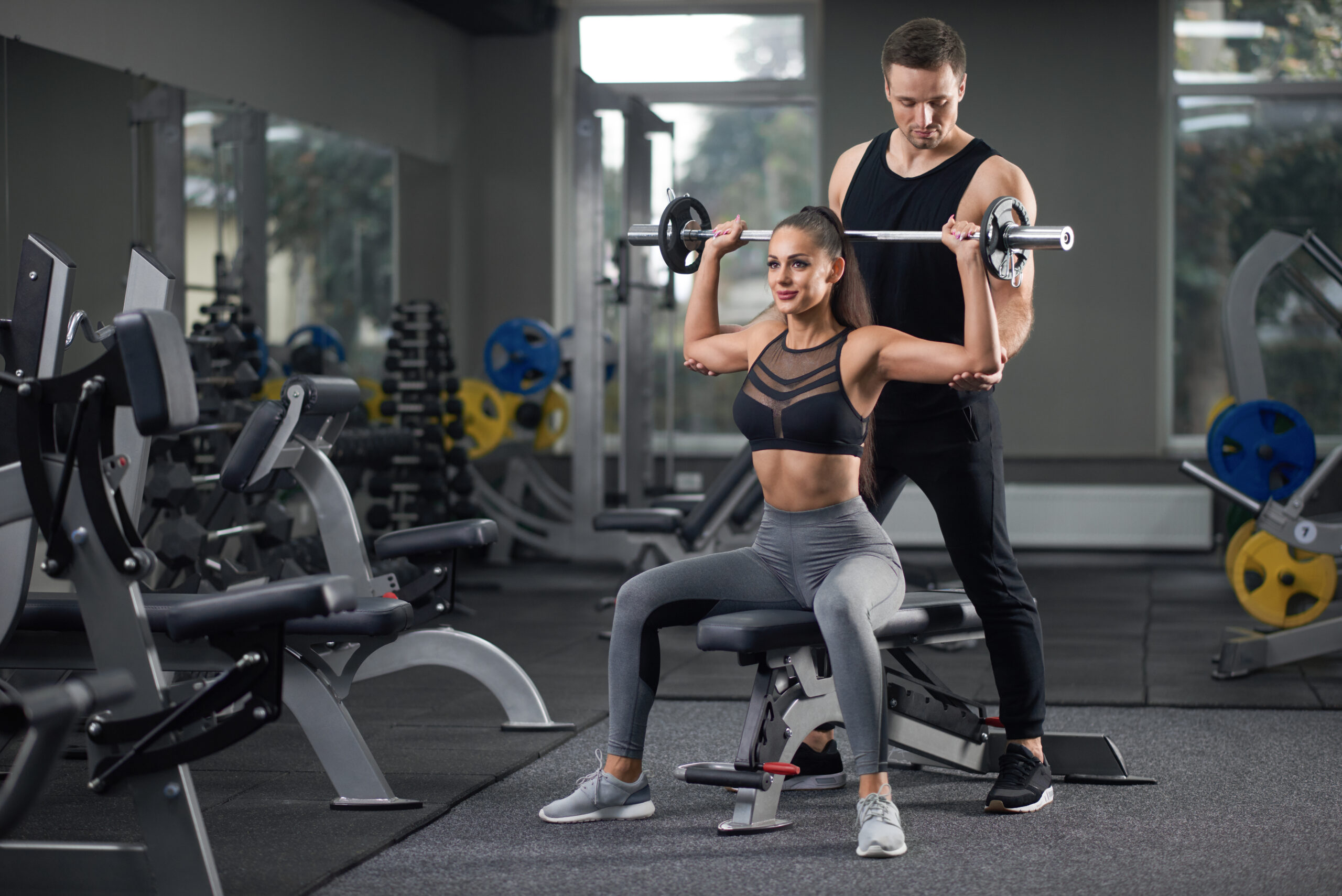Anyone who wants to improve their physical condition and health can benefit from working with a fitness trainer. A good fitness trainer will give you the direction, encouragement, and inspiration you need to reach your goals, whether you’re trying to lose weight, gain muscle, increase your endurance, or simply maintain a healthy lifestyle.
However, finding the best fitness instructor can be difficult. It can be difficult to know where to start with the wide variety of coaches, trainers, and programs available. In this article, we’ll explore some of the crucial aspects to consider when choosing a fitness trainer and offer some advice on how to choose the right one for your specific requirements and preferences.
Competence and Certification
Credentials and certifications of a fitness trainer are among the most important things to consider. A certified or degreed professional in kinesiology, exercise, or a related field qualifies as a trainer. They should also be certified by a reputable organization, such as the National Strength and Conditioning Association (NSCA), the American College of Sports Medicine (ACSM), or the National Academy of Sports Medicine (NASM).
A certified trainer completes extensive courses in anatomy, physiology, biomechanics, and exercise programming. They will also be up to date on the latest findings and best practices in the industry. They will also be able to create an exercise program that is safe and meets your specific needs and goals.
Experience:
A coach’s experience is essential to consider alongside their credentials and certifications. A coach with extensive experience in the field will be able to help you achieve your goals with his wealth of knowledge and experience.
It is important to think about a coach’s experience in a broader sense than just the number of years spent working in the field. Consider both their specialized knowledge and their previous experience working with clients who share your fitness goals and levels.
To learn more about a trainer’s track record and reputation, you can also ask for references or testimonials from previous clients or check online reviews or ratings.
Personality and Way of Communication:
Finding a fitness trainer that you understand and can communicate with is essential. This requires consideration of the coach’s temperament and communication style.
While some coaches may be more directive and hands-on, others may adopt a more supportive and collaborative style. While other coaches may be more interested in teaching and learning, some coaches may be more interested in inspiring and encouraging.
Find a coach that matches your preferred coaching style and consider the style you most respond to. Before you decide to enter into a long-term coaching relationship, you can also schedule a consultation or trial session with a coach to get an idea of their personality and communication style.
Schedule and Availability:
The fitness trainer’s availability and schedule should also be considered. It’s important to find a trainer that fits your schedule and is available when you need them.
While some coaches may have more open schedules or offer online coaching options, others may have tighter schedules or require in-person appointments. Look for a trainer who can accommodate your needs in terms of scheduling and availability.
Value and Cost:
It is important to think about the cost and value of a fitness trainer. Coaching costs can vary significantly depending on the coach’s education, experience, location, and the specific services and programs the coach provides.
When evaluating coaching rewards, it’s critical to consider the initial cost and return on your investment. A good coach will give you individual attention, customized programming, constant encouragement, and motivation to help you achieve your goals.
Conclusion:
Finding the right fitness coach is essential for achieving your fitness goals. A good fitness coach can provide you with personalized guidance, motivation, and support to help you reach your fitness goals. Here are some key takeaways to consider when looking for a fitness coach:
Firstly, consider your fitness goals and what type of coach you need. For example, if you want to improve your strength, you might look for a coach with experience in weightlifting or powerlifting. Similarly, if you want to improve your endurance, you might look for a coach with experience in running or cycling.
Secondly, consider the coach’s experience and qualifications. A good coach should have relevant certifications and experience in the areas that you are looking to improve.
Thirdly, consider the coach’s coaching style and personality. You want to work with someone who you feel comfortable with and who motivates you to push yourself. Some coaches are more hands-on, while others take a more laid-back approach.
Finally, consider the coach’s availability and pricing. You want to work with a coach who is available when you are and who fits within your budget.
In summary, finding the right fitness coach requires careful consideration of your fitness goals, the coach’s experience and qualifications, coaching style and personality, and availability and pricing. By finding the right coach, you can increase your chances of achieving your fitness goals and enjoying the process along the way.




